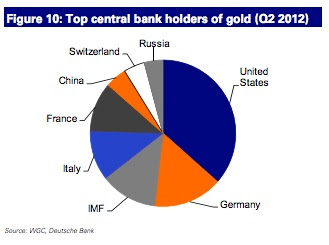Last Sunday Goliath crushed
David. Hugo Chávez, Venezuela’s political giant, defeated Henrique Capriles,
the 40-year-old opposition candidate, by more than 10 percentage points to win
another six-year term leading this oil-rich country. If he completes the term,
Mr Chávez will have been in office for two decades.
Yet this election may still
mark a turning point in Venezuelan politics. The opposition is better organised
and, in Mr Capriles, it has found the best leader it has had since Mr Chávez
rose to power. In contrast to the ideological, divisive tactics of the latter,
Mr Capriles campaigned on messages of national harmony, tolerance against
political opponents and pragmatism – and he succeeded in boosting the
anti-Chávez vote by 60 per cent compared to the last election. Millions of
erstwhile Chávez supporters have abandoned him. It is impossible to win the
6.5m votes that Mr Capriles received last Sunday without the support of
millions of poor people who in past elections were stalwart Chávez voters.Nevertheless,
he failed to unseat the president. This was, first, because charisma and
cunning make Mr Chávez a formidable competitor who enjoys broad popular
support. But in this case, oil matters more than talent. Incumbents always have
advantages over their challengers, and Mr Chávez is an incumbent on steroids.
He controls all the levers of power and can tap
Venezuela’s oil revenues at will. Mr Capriles said: “I am not
running against another candidate, I am running against the Venezuelan state.”
In just one example, according to data compiled by his campaign, in the week
before the vote Mr Chávez was on air for nine hours while, after protesting, Mr
Capriles was allowed to address the nation for two minutes.
.jpg)


























